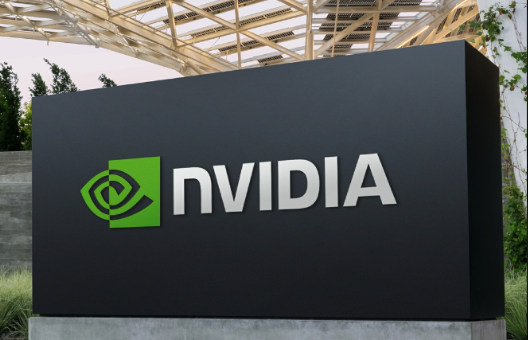Nokia Gains Big with CoreWeave’s AI Networking Deal

Nokia today announced that it has been selected by AI-focused cloud provider CoreWeave for optical and IP transport networking in its global backbone.
This is a big win for Nokia in the red-hot AI networking space, where it likely beat out major competitors including Arista Networks, Cisco, and Juniper Networks, according to Wall Street analysts. Nokia said one of the keys to victory was providing high performance at scale while “driving 30% more traffic within the same energy envelope.” Energy usage is one of the highest cost components of cloud networking.
Jim Julson, Director of Networking at CoreWeave, stated in the Nokia release:
“CoreWeave has chosen Nokia hardware to power its backbone and edge platforms to meet the performance, stability and scalability demands that today's and tomorrow’s AI and ML hyperscale clouds require. With the explosion of demand centered around the infrastructure required to meet these demands, Nokia has proven to be a critical partner and we have no doubt that as CoreWeave continues to scale, Nokia will be there to help facilitate a world-class cloud experience for all our customers.”
CoreWeave Is an AI Cloud Leader
The deal is important not only for the money, but because it gives Nokia credibility in the AI networking market. CoreWeave has focused on networking AI workloads driven by GPUs. It is well funded, with $12 billion in equity and debt financing. It has targeted a range of use cases for machine learning and AI, including graphics and rendering, life sciences, real-time streaming, and more.
To access the rest of this article, you need a Futuriom CLOUD TRACKER PRO subscription — see below.
Access CLOUD TRACKER PRO
|
CLOUD TRACKER PRO Subscribers — Sign In |














